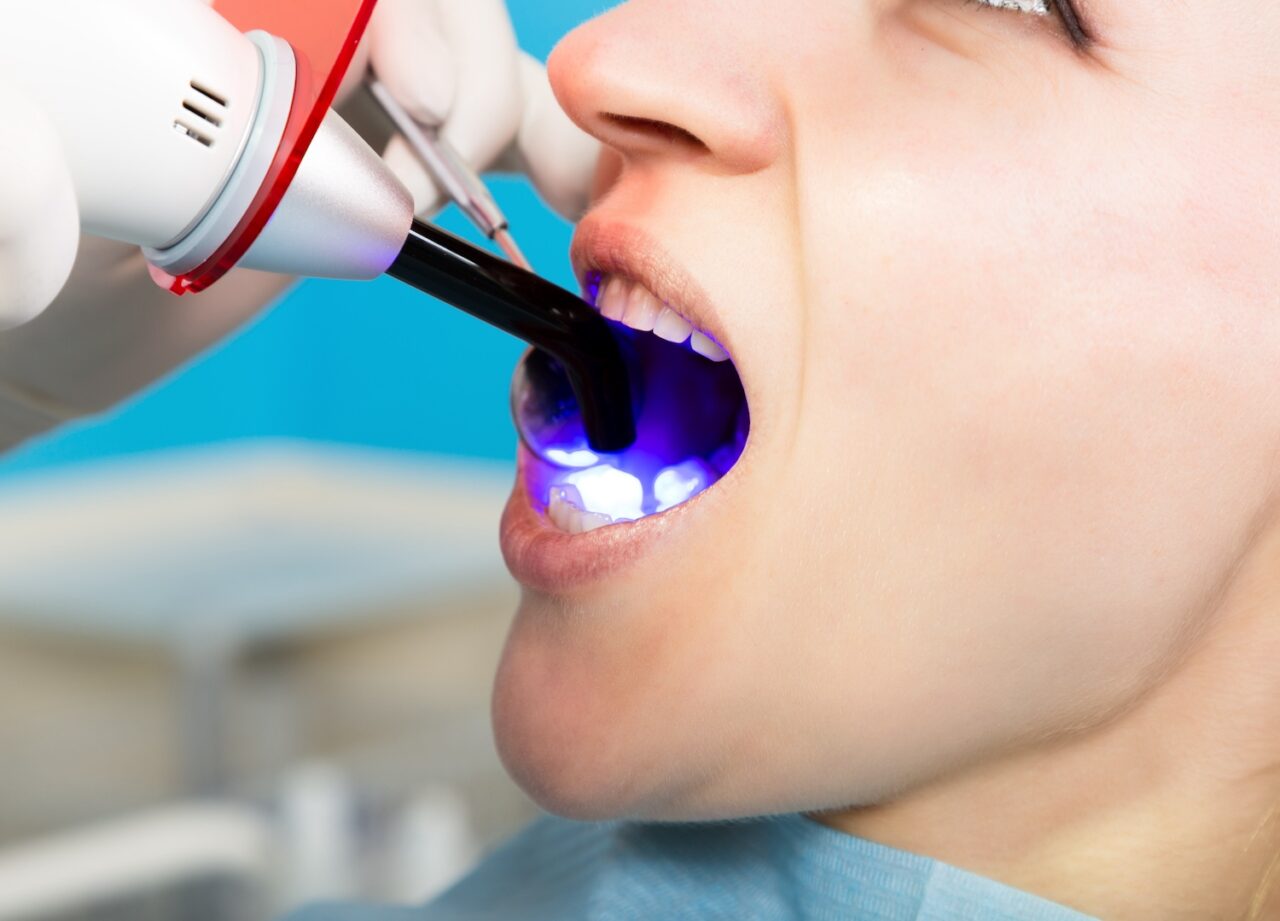Are you concerned about the cost of fixing that chipped tooth or closing those small gaps in your smile? Dental bonding offers a budget-friendly solution for common dental imperfections, with prices typically ranging from $100 to $600 per tooth. This versatile procedure has become increasingly popular among patients seeking affordable smile enhancements, thanks to its combination of effectiveness and accessibility. Whether you’re dealing with minor cosmetic issues or necessary repairs, understanding dental bonding cost can help you make an informed decision about your dental care. In this comprehensive guide, we’ll break down everything you need to know about dental bonding prices, insurance coverage, and payment options to help you achieve the smile you deserve without breaking the bank.
Understanding Dental Bonding: What It Is and Its Uses
Dental bonding is a versatile cosmetic dentistry procedure that uses tooth-colored composite resin to repair damaged teeth and enhance smile appearance. This affordable treatment can address multiple dental concerns:
- Repair chipped or cracked teeth
- Fill gaps between teeth
- Cover discoloration
- Protect exposed tooth roots
- Change tooth shape or size
The procedure involves applying a putty-like resin material that’s shaped and hardened with a special light. The end result looks natural and blends seamlessly with surrounding teeth.
Types of Dental Bonding
There are two main categories of dental bonding:
1. Cosmetic Bonding
– Primarily for aesthetic improvements
– Addresses visible imperfections
– Usually not covered by insurance
2. Restorative Bonding
– Repairs structural damage
– Protects tooth health
– Often eligible for insurance coverage
Dental Bonding Cost Breakdown
The national average cost for dental bonding ranges from $100-$600 per tooth, with most patients paying around $431 for a single tooth procedure. This makes it one of the most affordable cosmetic dental treatments available.
Factors Affecting Dental Bonding Cost
Several variables influence the final cost of your dental bonding procedure:
- Geographic Location
- Urban areas typically charge more
- Regional cost-of-living differences
- Local market competition
- Procedure Complexity
- Size of the area requiring treatment
- Number of surfaces being bonded
- Additional preparation needed
- Dentist’s Experience
- Advanced training and expertise
- Years in practice
- Reputation in the field
- Number of Teeth
- Multiple teeth increase total cost
- Some offices offer package pricing
- Treatment staging options
Dental Bonding Insurance Coverage
Insurance coverage for dental bonding depends primarily on whether the procedure is considered cosmetic or medically necessary.
When Insurance Covers Dental Bonding
Insurance typically covers 50-80% of dental bonding costs when:
- Repairing tooth damage from injury
- Filling cavities with composite material
- Protecting exposed roots
- Addressing structural issues
Dental Bonding Cost With Insurance
With insurance coverage, patients typically pay:
- $90-$300 out-of-pocket per tooth
- Annual deductible (if not met)
- Copayment percentage based on plan
Dental Bonding Cost Without Insurance
Without insurance, expect to pay:
- $300-$600 per tooth on average
- Full procedure cost upfront
- Possible office discounts for cash payment
Dental Bonding vs. Alternatives: Cost Comparison
Dental Bonding vs. Veneers
Dental Bonding:
- $100-$600 per tooth
- 5-10 years longevity
- Single appointment
Reversible procedureVeneers:
- $500-$1,300 per tooth
- 10-15 years longevity
- Multiple appointments
- Permanent procedure
Dental Bonding vs. Crowns
Dental Bonding:
- Lower initial cost
- Less tooth reduction
- Ideal for minor repairs
- More frequent replacement
Crowns:
- Higher upfront cost ($800-$1,700)
- More extensive tooth preparation
- Better for major damage
- Longer-lasting (15+ years)
Financing Your Dental Bonding Procedure
Payment Options
- In-house payment plans
- Third-party financing (CareCredit)
- Healthcare credit cards
- Flexible spending accounts (FSA)
- Health savings accounts (HSA)
Tips for Maximizing Insurance Benefits
1. Get pre-treatment authorization
2. Schedule procedures strategically around benefit renewal
3. Request detailed procedure codes
4. Appeal denied claims when appropriate
5. Consider splitting treatment across benefit years
To discuss dental bonding costs and treatment options, schedule a consultation with The Dentist LV at our contact page.


